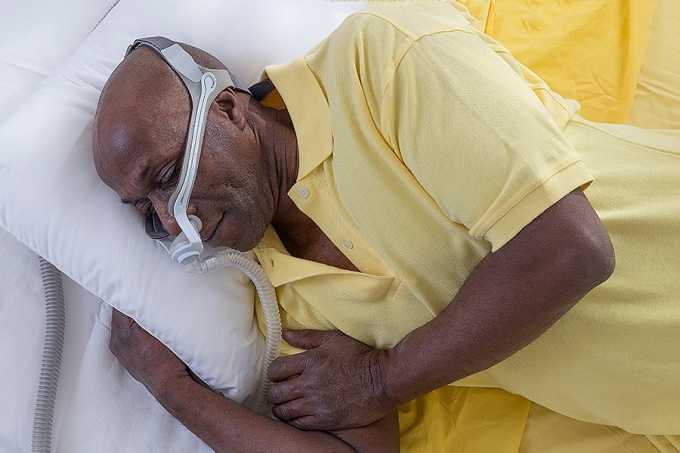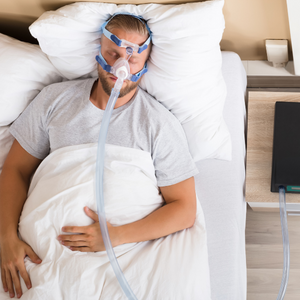Cluster Headache, Migraine Linked to Same System that Controls Sleep
Both cluster headache and migraine have strong links to the circadian system, the internal clock that regulates body processes, including sleep, according to a new meta-analysis.
For cluster headache, the meta-analysis found a circadian pattern of headache attacks in 71% of people. Attacks peaked in the late hours of the night to early hours of the morning. During the year, people had more attacks in the spring and fall.
People with cluster headache also had higher cortisol levels and lower melatonin levels than people without cluster headache. Melatonin, a hormone produced by the pineal gland at night, plays a role in managing the sleep-wake cycle and circadian rhythm.
For migraine, the meta-analysis showed a circadian pattern of attacks in 50% of people. While the peak for attacks during the day was broad, ranging from late morning until early evening, there was a circadian low point during the night when few attacks happened.
People with migraine had lower levels of melatonin in their urine than people without migraine. In addition, melatonin levels were lower during a migraine attack. The authors note that sleep changes (undersleeping and oversleeping) are known triggers for migraine, that there is genetic overlap between several sleep traits and migraine, and that insomnia is a risk factor for the development of migraine.
Overall, the results raise the potential for using circadian-based treatments for headache disorders, said study author Mark Joseph Burish, MD, PhD, of the University of Texas Health Science Center at Houston in Texas. An example is chronotherapy – that is, taking medications at certain times of the day.
In a related editorial, authors at Queensland University of Technology in Australia write regarding treatment approaches, “At a minimum, interventions known to regulate and improve sleep (e.g., melatonin, cognitive behavioral therapy), and which are safe and straightforward to introduce, may be useful in some individuals susceptible to circadian misalignment or sleep disorders. Treatment of comorbidities (e.g., insomnia) that result in sleep disturbances may also help headache management.








